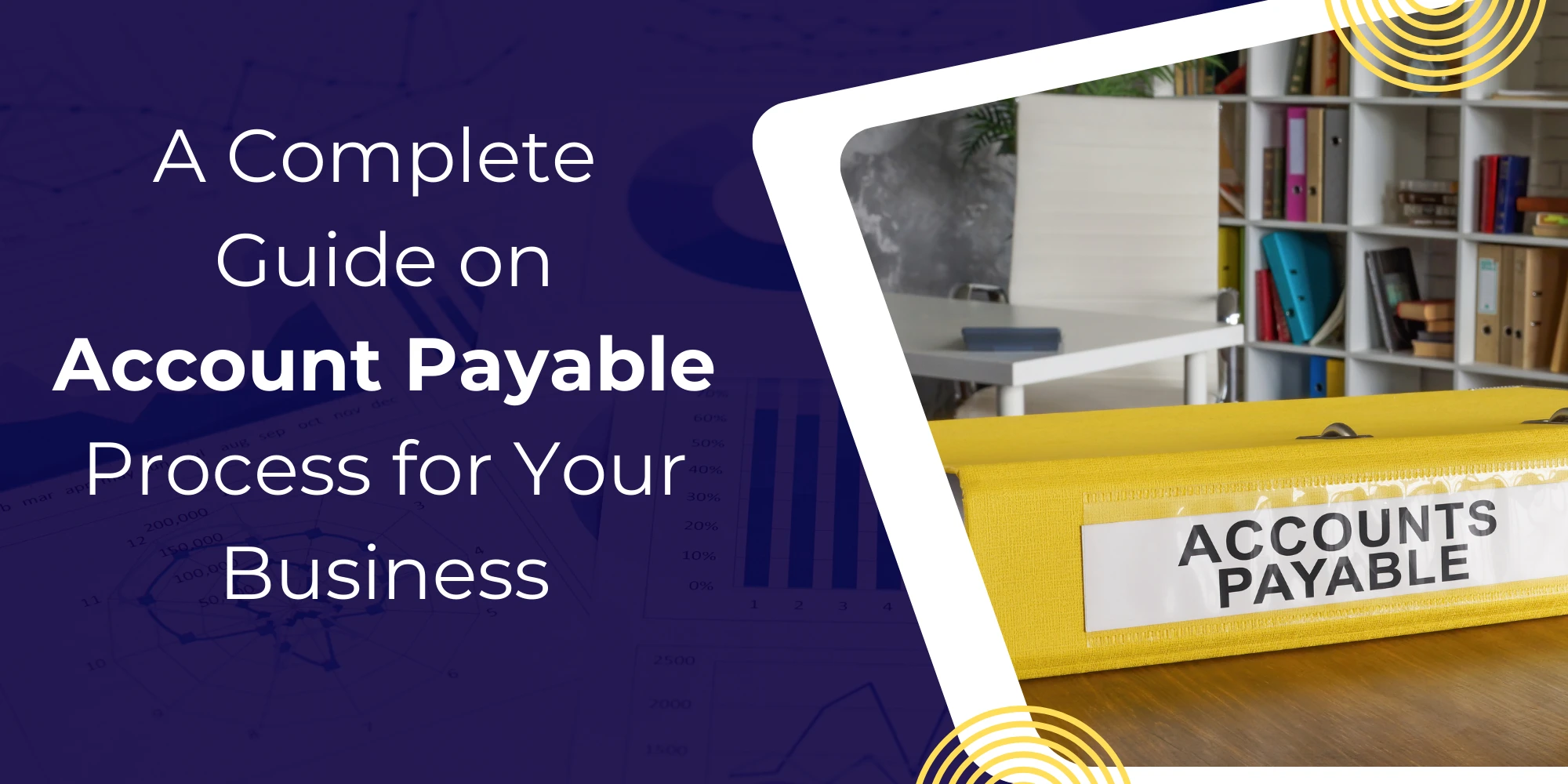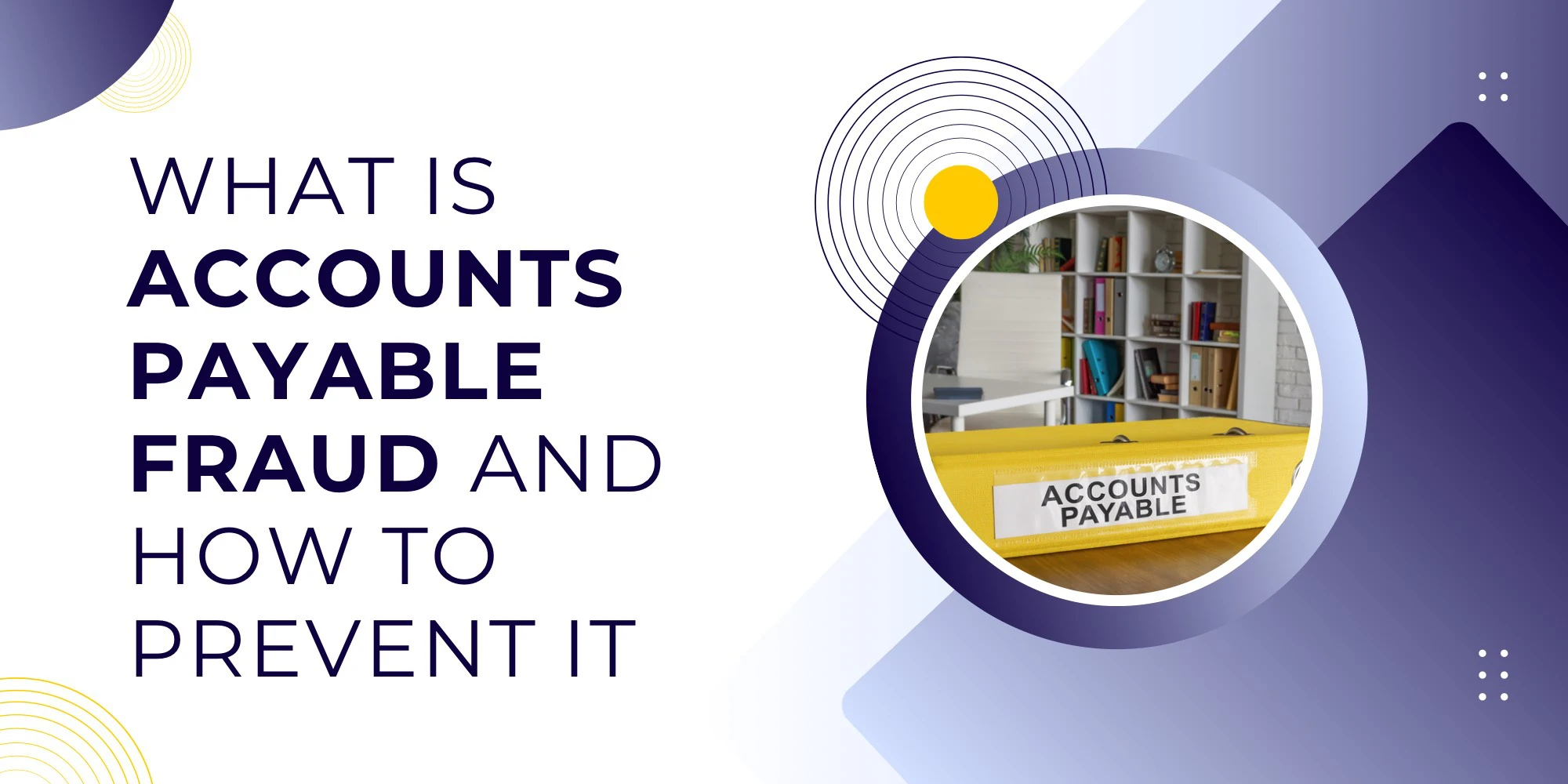Table of Contents
Cryptocurrencies, such as Bitcoin, Ethereum, and Ripple, have been around for over a decade now. In recent years, however, these digital assets have gained significant popularity, and more people are investing in them. As a result, many businesses have started accepting cryptocurrencies as a form of payment. With the rise of cryptocurrencies, the need for cryptocurrency accounting has also increased.
Introduction to Cryptocurrency Accounting
Cryptocurrency accounting is the process of tracking and managing financial transactions related to digital assets. It involves recording and documenting every transaction that takes place in a cryptocurrency business. This includes purchases, sales, transfers, and other transactions. Cryptocurrency accounting is different from traditional accounting because cryptocurrencies are not regulated by central authorities like banks.
Why traditional accounting methods may not work for cryptocurrencies
Traditional accounting methods may not work for cryptocurrencies because they are decentralized, and there is no central authority that governs them. Cryptocurrencies operate on a peer-to-peer network, and transactions are verified by a network of computers. This means that there is no central ledger that records all transactions, and there is no single entity that can control the flow of cryptocurrencies.
Another reason why traditional accounting methods may not work for cryptocurrencies is that they are highly volatile. Cryptocurrencies are known for their rapid fluctuations in value, and their value can change drastically within a short period. This makes it difficult to value cryptocurrencies accurately and to determine the appropriate accounting treatment for them.
Challenges in Cryptocurrency Accounting
Cryptocurrency accounting poses several challenges that businesses and accountants must overcome. One of the biggest challenges is the lack of guidance from regulatory bodies. As cryptocurrencies are relatively new, there are no clear guidelines on how to account for them. This means that businesses and accountants must rely on their judgment to determine the appropriate accounting treatment for cryptocurrencies.
Another challenge in cryptocurrency accounting is the complexity of the technology. Cryptocurrencies operate on a blockchain, which is a decentralized ledger that records all transactions. Understanding how the blockchain works and how transactions are verified is essential for cryptocurrency accounting. This requires specialized knowledge and expertise that many traditional accountants may not possess.
Best Practices for Cryptocurrency Accounting
Accounting for cryptocurrency can be a complex task due to the unique nature of digital assets. Here are some important considerations when accounting for cryptocurrency:
- Classification: Determine the appropriate classification of the cryptocurrency based on its nature and purpose. It could be classified as an intangible asset, financial asset, or inventory, depending on the specific circumstances and the intention behind holding the cryptocurrency.
- Initial Recognition: When acquiring or mining cryptocurrency, it should be initially recognized at its fair value on the date of acquisition. Fair value can be determined using reliable cryptocurrency exchanges or other appropriate sources.
- Subsequent Measurement: After initial recognition, the cryptocurrency is typically measured at fair value. Changes in fair value are recognized in the financial statements, usually in the income statement or other comprehensive income, depending on the accounting framework used.
- Recording Transactions: Each transaction involving cryptocurrencies, such as purchases, sales, and exchanges, should be recorded separately and accurately. It's important to capture the transaction date, amount, counterparty, and the fair value of the cryptocurrency at the time of the transaction.
- Valuation and Impairment: Regularly assess the carrying value of the cryptocurrency for potential impairment. If the fair value of the cryptocurrency is lower than its carrying value, an impairment loss should be recognized in the financial statements.
- Disclosure: Provide comprehensive disclosures in the financial statements to enable users to understand the accounting policies, risks, and uncertainties associated with cryptocurrency holdings. Disclosures should include details about the classification, valuation techniques, and any significant events or changes in the cryptocurrency portfolio.
- Compliance and Tax Considerations: Ensure compliance with applicable accounting standards and regulatory requirements specific to cryptocurrencies in your jurisdiction. Additionally, consider the tax implications of cryptocurrency transactions and consult with tax professionals to comply with tax regulations and reporting requirements.
Given the evolving nature of cryptocurrencies and the varying accounting standards across jurisdictions, it's important to stay updated on relevant accounting guidance and consult with accounting professionals or advisors experienced in cryptocurrency accounting to ensure accurate and compliant financial reporting.
Benefits of hiring professional accounting services for your cryptocurrency business
Hiring professional accounting services for your cryptocurrency business has several benefits. Firstly, it ensures that your business is complying with all applicable regulations and accounting standards. This reduces the risk of fines and penalties for non-compliance.
Secondly, hiring a professional accountant can save time and resources for your business. Cryptocurrency accounting can be time-consuming and complex, and hiring a qualified accountant can free up time and resources to focus on other aspects of your business.
Lastly, hiring a professional accountant can provide peace of mind for your business. Knowing that your accounting is being handled by a qualified and experienced professional can reduce stress and anxiety and allow you to focus on growing your business.
In conclusion, cryptocurrency accounting is a complex and challenging field that requires specialized knowledge and expertise. By following best practices and working with a qualified accountant, businesses can ensure that their cryptocurrency accounting is accurate, reliable, and compliant with all applicable regulations and accounting standards. Contact NSKT Global and set up a free consultation with NSKT Global Expert Accountants.







